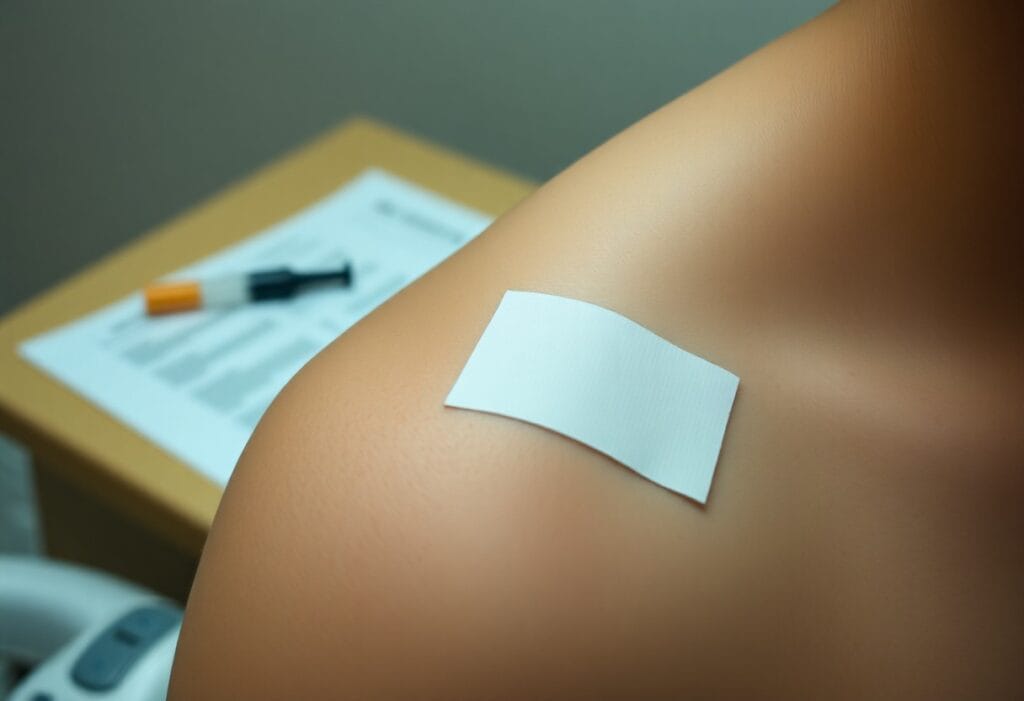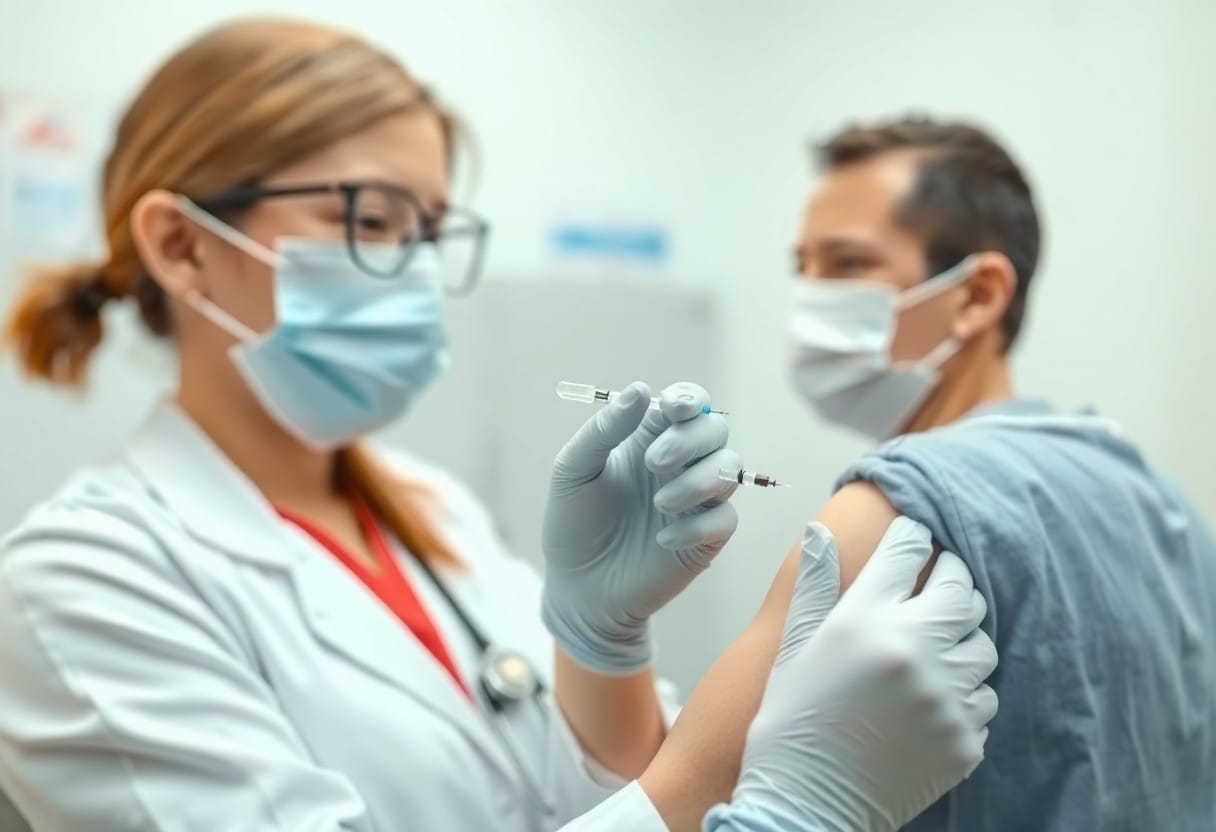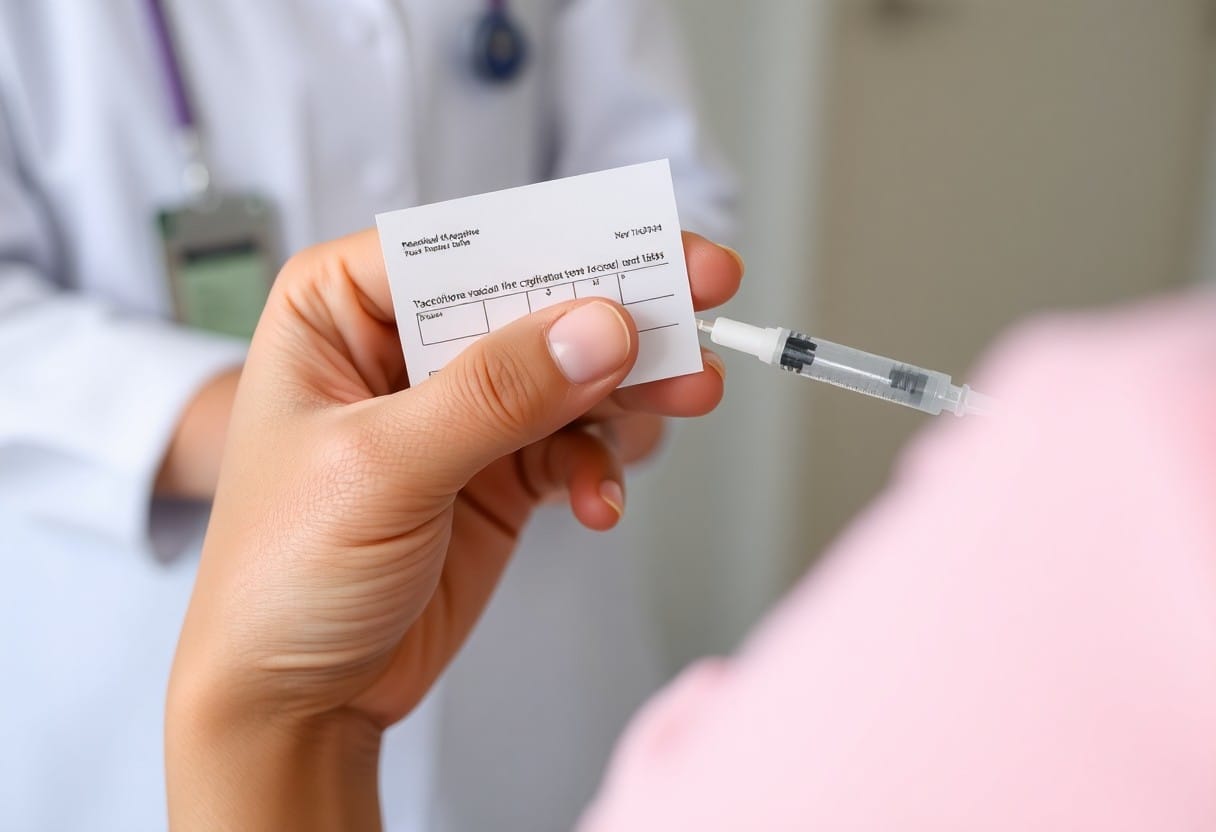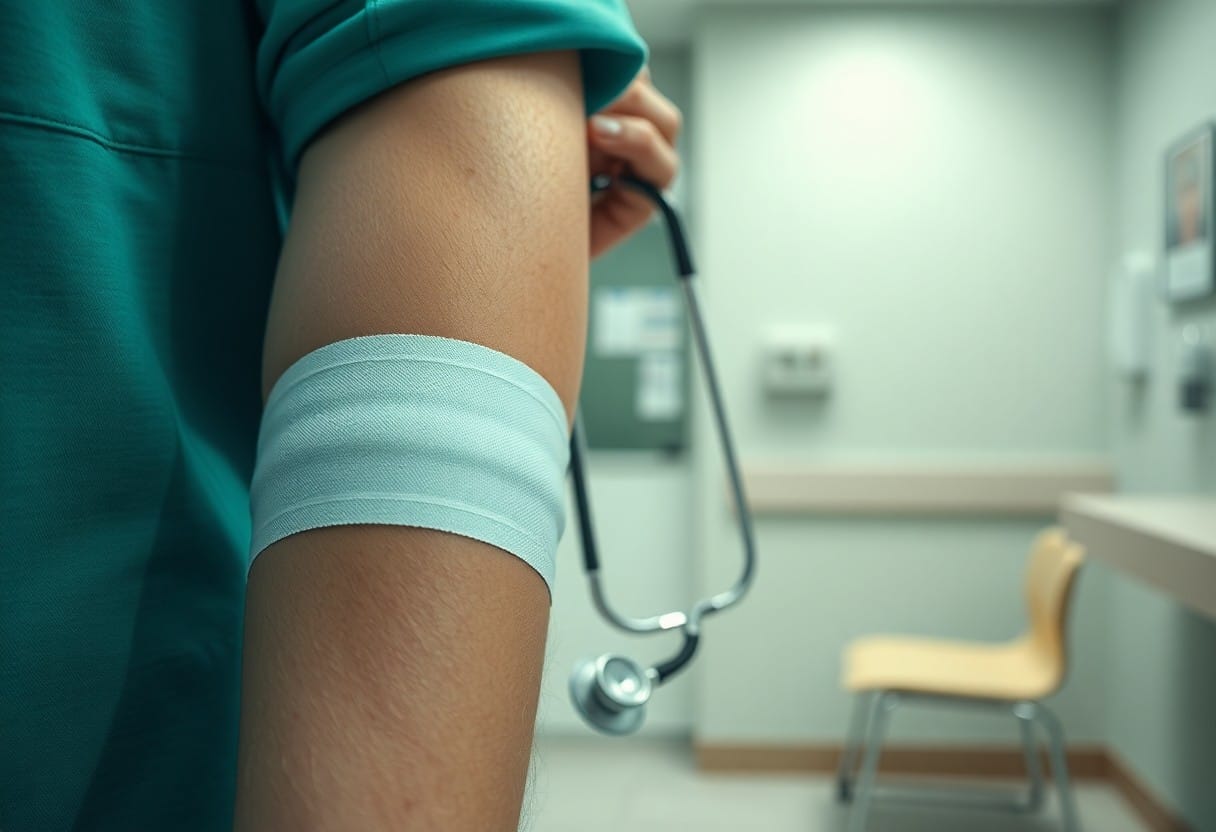Many individuals affected by SIRVA (Shoulder Injury Related to Vaccine Administration) may find themselves facing ongoing challenges during recovery. It’s vital to understand that factors such as timely diagnosis, appropriate treatment, and your individual health conditions play significant roles in your healing journey. In this post, we will explore why some people struggle to regain full function after SIRVA injuries and offer insights to help you navigate this complex landscape. By arming yourself with knowledge, you can take proactive steps toward improving your situation and overall well-being.
Understanding SIRVA Injuries
For many people, understanding SIRVA injuries is crucial to recognizing their implications and seeking appropriate treatment. SIRVA, or Shoulder Injury Related to Vaccine Administration, occurs when a vaccine is administered improperly, leading to shoulder pain and dysfunction. Being informed about this condition can help you understand why some individuals do not fully recover.
Definition of SIRVA
After receiving a vaccination, some individuals may experience persistent shoulder pain due to a SIRVA injury. This condition arises when the vaccine is injected too high in the shoulder joint, causing irritation and inflammation. By knowing about SIRVA, you can identify early symptoms and take action.
Causes of SIRVA
Injuries leading to SIRVA typically stem from improper vaccine administration techniques. Incorrect injection sites or angles can cause damage to the surrounding tissues, leading to ongoing shoulder issues. Excessive force during the injection or administering the vaccine while in an awkward position can exacerbate the problem. Your understanding of these causes can be instrumental in preventing further complications and seeking adequate medical attention.
The underlying factors contributing to SIRVA include muscle tightness, pre-existing conditions, and poor vaccine administration practices. It’s vital to ensure that vaccinations are conducted properly to avoid these risks. Elevating your awareness of how improper injection techniques can lead to complications will empower you to address any concerns proactively and advocate for appropriate administration practices in the future.

Factors Influencing Recovery
It is important to understand the various factors influencing your recovery from SIRVA injuries. These can include:
- Severity of the injury
- Individual health conditions
- Age and activity level
- Access to rehabilitation and medical support
- Emotional and psychological factors
Recognizing the impact of these factors can help you take informed steps toward a more successful recovery.
Severity of the Injury
At times, the severity of your SIRVA injury can directly correlate with your overall recovery. A more severe injury typically results in a longer healing period and more complex rehabilitation measures. You might experience persistent pain, reduced mobility, or lasting tissue damage, which can hinder your progress and make full recovery more challenging.
Individual Health Conditions
By acknowledging your individual health conditions, you can better understand their effect on recovery from SIRVA injuries. Conditions such as chronic pain disorders, autoimmune diseases, or prior injuries may complicate your healing process.
But there’s more to consider. If you have a history of chronic pain, your body may respond differently to treatment, leading to prolonged recovery times. Additionally, individuals with conditions like diabetes might face issues with tissue healing. Conversely, a healthy lifestyle, including regular exercise and a balanced diet, can positively influence your recovery outcome. Each unique aspect of your health plays a significant role in how effectively you can bounce back from SIRVA injuries.
Psychological Impact of SIRVA
One of the often-overlooked aspects of SIRVA injuries is their psychological impact, which can lead to long-lasting emotional distress and affect your overall quality of life. Recovery from physical injury is only part of the healing process; the emotional toll can linger well beyond the initial injury. This multifaceted experience can influence your mental health and perception of pain, making full recovery even more challenging.
Emotional Responses
Between feelings of frustration, sadness, and anxiety, your emotional responses to SIRVA can significantly affect your healing journey. It’s common to grapple with these emotions as you adapt to life changes brought about by your condition. Understanding that these feelings are a normal part of the process is crucial for managing your recovery effectively.
Coping Mechanisms
Around emotional pain, finding effective coping mechanisms is vital for navigating the challenges of a SIRVA injury. You may explore various strategies, from seeking social support to engaging in mindfulness practices. Identifying the right methods that resonate with you will aid in fostering resilience and maintaining mental well-being throughout your recovery journey.
But it’s important to approach coping mechanisms with intentionality. Developing a robust support system can significantly impact your mental health. Surrounding yourself with understanding friends and family allows you to share your struggles and feelings openly. Additionally, practicing mindfulness techniques, such as meditation or yoga, can enhance your emotional resilience. It’s crucial to acknowledge that while SIRVA may bring challenges, implementing positive strategies can empower your healing journey and foster a sense of control over your circumstances.
Treatment Options
Not all treatment options guarantee a full recovery from SIRVA injuries. It is important to explore various approaches tailored to your specific situation. An effective combination of therapies may help alleviate symptoms and restore function, enabling you to regain control over your life.
Physical Therapy
Treatment often includes physical therapy, which can significantly aid in your recovery. A licensed physical therapist will guide you through tailored exercises designed to improve strength, flexibility, and mobility in the affected shoulder. This therapeutic approach promotes healing and helps reduce pain, making it an integral part of your rehabilitation journey.
Medication and Pain Management
About medication and pain management, various options can assist in alleviating your discomfort during recovery. Discuss with your healthcare provider the most appropriate medications for your symptoms, including over-the-counter pain relievers and prescription options when necessary.
For instance, nonsteroidal anti-inflammatory drugs (NSAIDs) like ibuprofen can help reduce inflammation and manage pain effectively. In some cases, your physician may recommend corticosteroid injections to target severe inflammation directly in the affected area. It’s vital to use these treatments cautiously, as over-reliance on pain medications can lead to dependency or other health complications. Always follow your healthcare professional’s advice to ensure a safe and balanced approach to pain management.
Prevention Strategies
Now that you understand SIRVA injuries, it’s important to employ effective prevention strategies. These strategies can significantly reduce your risk of experiencing complications from vaccinations, ensuring that you maintain good health while receiving important immunizations.
Proper Vaccination Techniques
Across all healthcare settings, adherence to proper vaccination techniques is vital. This includes using the correct needle size and insertion angle, as well as ensuring the vaccine is administered in the appropriate location, like the deltoid muscle for intramuscular injections. Proper techniques minimize the risk of injury and promote a more positive experience during vaccinations.
Patient Education
Vaccination is an important part of public health, yet educating yourself about the process can greatly impact outcomes. Understanding how the vaccine is administered and what to expect helps you to calm any anxiety. Engaging in a conversation with your healthcare provider allows you to clarify doubts and discuss your medical history, ensuring that you receive the most appropriate care for your situation.
Patient education plays a vital role in preventing complications such as SIRVA. By being well-informed, you can actively participate in your healthcare decisions, which enhances your experience. When you ask your healthcare provider about the techniques used and discuss your medical history, you contribute to a safer vaccination process. This proactive approach can ultimately lead to better health outcomes and fewer risks associated with vaccinations.
Long-term Consequences
Once again, the long-term consequences of SIRVA injuries can significantly impact your quality of life. Many individuals may experience ongoing symptoms that can lead to persistent discomfort and emotional distress. Understanding these long-term ramifications is crucial in addressing your recovery and managing expectations in your healing journey.
Chronic Pain
Chronic pain can become a daily reality for you if a SIRVA injury remains unresolved. As your body struggles to heal, you may find yourself experiencing pain that lingers well beyond the initial injury period. This persistent discomfort can interfere with your ability to perform daily tasks effectively and affect your overall well-being.
Lifestyle Limitations
Below the surface of physical limitations, lifestyle changes can emerge from your SIRVA experience. The pain and discomfort associated with your injury may hinder your ability to engage in activities you once enjoyed, thereby altering your daily routine.
A SIRVA injury can impose significant lifestyle limitations, affecting your ability to participate in social events, exercise, and pursue hobbies. You may find yourself avoiding activities that could exacerbate your discomfort, leading to isolation and diminished quality of life. It’s crucial to consider how these limitations can serve as a reminder to adapt your lifestyle, prioritize self-care, and seek treatments that facilitate your healing. Engaging in physical therapy, exploring workable activity alternatives, and developing new interests can empower you to reclaim your life despite these challenges.
Summing Up
Upon reflecting, it becomes clear that your recovery from SIRVA injuries can be impacted by various factors, including the severity of the injury, the promptness of medical intervention, and your adherence to rehabilitation protocols. Emotional aspects, like anxiety or discouragement, can also hinder your progress. You must understand that recovery is a personal journey, and the path may be different for everyone. By staying informed and proactive in your treatment, you can better navigate these challenges and work towards a satisfactory recovery.


















